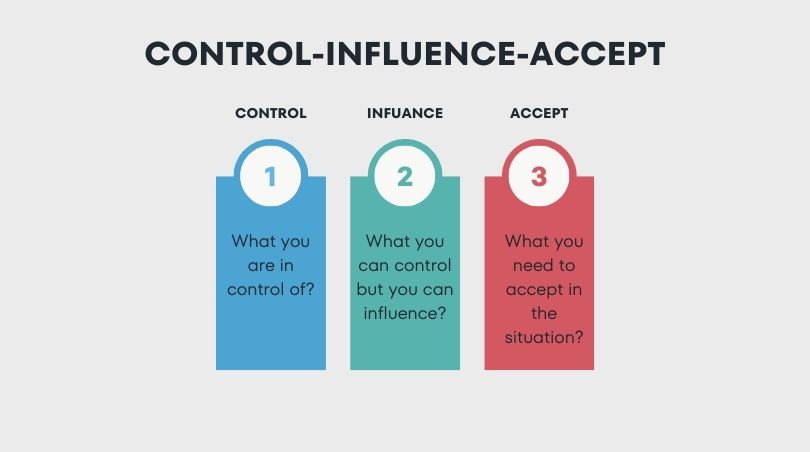Recent news from Paypal, Gorillas, Klarna or Twitter and such a significant number of people affected by the redundancies is unfortunate and sad.
If you’ve ever been made redundant, you know that the redundancy process and job loss can be a really tough time. You might feel various emotions, from shock and disappointment to anger and sadness. You are affected, and people around you, your family members, and their emotional well-being are affected. Job loss can be a very traumatic experience, leading to depression and significant mental health impacts.
A couple of years ago, I was made redundant myself.
After being away on my holidays, when I came back to the office, my manager delivered the news that I would be made redundant during my one-to-one. As much as it didn’t affect me financially, and I didn’t worry about how I will pay my bills, it was a strange time. I had mixed emotions about why this has happened and why was I selected, and started questioning my self-esteem and self-worth.
Being redundant impacts our mental health and general well-being
We spend on average 40 hours a week working (sometimes even more), and work plays a big part in our life and identity. Losing your job significantly impacts our mental health and creates insecurity, stress, and anxiety. Dealing with the process takes a lot more time than we think. In reality, you have lots of negative feelings and emotions in your head that you have to deal with. This adds additional pressures in a situation where you have to focus on looking for a new job, attend the interviews and prepare for the emotional job search rollercoaster.
Don’t bottle up your feelings.
It’s natural to feel a range of emotions after being made redundant. Losing a job, setting up a new routine, and managing the process can be challenging. Speaking openly about our thoughts, emotions and feelings, and sharing them with others, like friends, coaches or therapists can help us see a different perspective on the situation and how we feel about them.
The situation you might be in can make you feel uncomfortable; how you respond to the problem and taking control of your emotions, thoughts and situation can help you determine solutions and plan things for the future and feel happy.
Often, sharing your emotions with others helps us realise that, in reality, the situation is not that bad after all. Support from other people, the opportunity to talk to someone who can listen, look for professional advice, and provide support to manage a difficult moment.
Your personal impact on a redundancy situation.
When the pressure and emotions build up, you can feel extremely overwhelmed.
Neil and Sue Thompson, in their book “The Critically Reflective Practitioner” (Thompson & Thompson, 2018), created a great stress management tool and self-care technique called the CIA model, which allows navigating difficult and stressful situations in our lives and helps us to look for opportunities even in difficult times. It can be used not only for redundancy but in any circumstances when you experience negative emotions like anger, low self-esteem or disappointment. The technique is straightforward and does not require a particular skill. But it can help you better understand the situation and where you are and help you plan for the future.
What the CIA stands for?

Life is like a rollercoaster; we experience ups and downs, positive and negative experiences. But regardless of the outcome, we should always look for learnings from every situation. The current economic situation has shown us that things can change in a short period, and we are all in the same boat.
The CIA framework can help you navigate challenging times and bring your focus back to taking action in the future, showing you that you can manage and control the challenge and your response to it. It helps you to reflect on the challenging times.
Think about what you are in control of. How you can influence the situation and things you need to accept: identify the things you can neither power nor influence. What did you learn from the experience, and how you will use that knowledge in the future?
Download the full version of the exercise from PositivePychology and go step by step through different parts of the process.
You are not alone.
Redundancy emotionally is a complicated process. But remember, you are not alone. I have seen great support on the Linkedin community in recent days for anyone who has been affected by it. Reaching out to your old contacts and looking for support from communities and networks can help you manage the redundancy process.
Reach out to your friends and family, or join a support group for people in a similar situation as you are. Don’t underestimate the power of network and community; you’ll be back on your feet in no time.
Book your free 15 min call now and check how I can help

